Tiny-PAT
A small, open, affordable USB-C power adapter tester
Funding ended on Oct 12, 2017 at 04:59 PM PDT.
Funding ended on Oct 12, 2017 at 04:59 PM PDT.
We are quickly entering the age of USB Type-C. This "jack of all trades" port is appearing in more and more new electronic devices.
USB Type-C helps to reduce reliance on proprietary power adapters and USB cables; you can move to a single, robust, and compact solution that works on all devices. USB-C is quickly replacing various USB-B and USB-A connectors and cables with a standard that is meant to be "future-proof."
As more and more of our devices will be using USB-C power adapters, it is essential that developers and manufacturers have an easy way to test their USB-C power adapters during development and manufacturing.
That’s where the USBCEE Tiny-PAT comes in — it’s the world’s smallest, fastest, easiest, and lowest cost USB-C power adapter tester.
Traditional USB-C testing devices are expensive, cumbersome, and time-consuming to use. USBCEE aims to change that by developing the Tiny-PAT: a small, user-friendly, inexpensive, and powerful testing tool.
Testing during USB-PD power adapter design is always a challenge. Today, testing requires an Ellisys / LeCroy / MQP / GRL test box to perform very simple voltage transition tests, and just the setup alone is time-consuming.
Additionally, these test tools are very expensive. Do you share your current testing devices with a number of other colleagues? It is a huge waste of time, effort, and money when you are constantly waiting for your turn to use the testing equipment. | | Tiny-Pat | Ellisys / Lecroy/ GRL/ MQP | | — | — | — | | Cost | $40 USD ~success| > $10000 USD ~danger | | Set up and test time | < 10 seconds ~success| > 2 minutes ~danger | | Additional software or PC needed | No ~success| Yes ~danger | | Size | 35 x 20 x 2 mm ~success| > 100 x 100 x 20 mm ~danger | | Manual mode support | Yes ~success| No ~danger | | Suitable for a Manufacturer Test Kit | Yes ~success| No ~danger |
* Note: PD 3.0 is backward compatible with the PD 2.0 spec
System Setup
Power on the power adapter (PA) to be tested, and connect it to USBCEE Tiny-PAT using a Type-C cable.
USBCEE Tiny-PAT can be operated either in Auto test mode or in Manual test mode.
USBCEE Tiny-PAT has been configured to work in auto test mode upon power up. In this mode, Tiny-PAT requests all the power profiles advertised by the PA and measures VBUS voltage corresponding to each profile. The green LED (marked "PASS" on the board) turns on after successful completion of the test. The red LED (marked "FAIL" on the board) indicates test failure. Auto mode is particularly useful for testing devices in large volume.
USBCEE Tiny-PAT can be configured to work in manual test mode by pressing the only button on the board (S4). Manual test mode is designed to scan PA power profiles by pressing the button consecutively. The first button press changes the mode to manual and requests the lowest power profile advertised by PA. The next press requests higher power profiles in ascending order. The device can be set to request Nth power profile by N consecutive button clicks. The green LED (marked PASS on the board) blinks once to acknowledge the successful completion of each power profile test.
Manual mode is primarily meant for debugging and validation. The button-controlled power profile transition allows Tiny-PAT to measure different parameters such as VBUS voltage, VBUS transition time, load current, etc. VBUS activity can be externally monitored for the selected power profile by use of breakout holes on Tiny-PAT.
The design is complete, and we have produced a working prototype. We also have had sample boards manufactured by our assembler. These have passed rigorous rounds of testing in all aspects.
As of now, the lead time to get the boards manufactured is approximately three to four weeks.
Once the campaign has completed, the board schematics will be made publicly available under an open license.
All orders will ship from our office in Bangalore, India. We will try to keep just enough component inventory so that we can do quick assembly, while at the same time optimizing our manufacturing costs (because we don’t want to stock too many components at a time).
Manufacturing anything comes with some risk. PCBs can be poorly made, the assembly can be poorly done, and components may have spontaneous shortages. While any of these may delay the delivery timeline, should any of them occur, the project should be recoverable.
Produced by USBCEE in Bengaluru, India.
Sold and shipped by Crowd Supply.
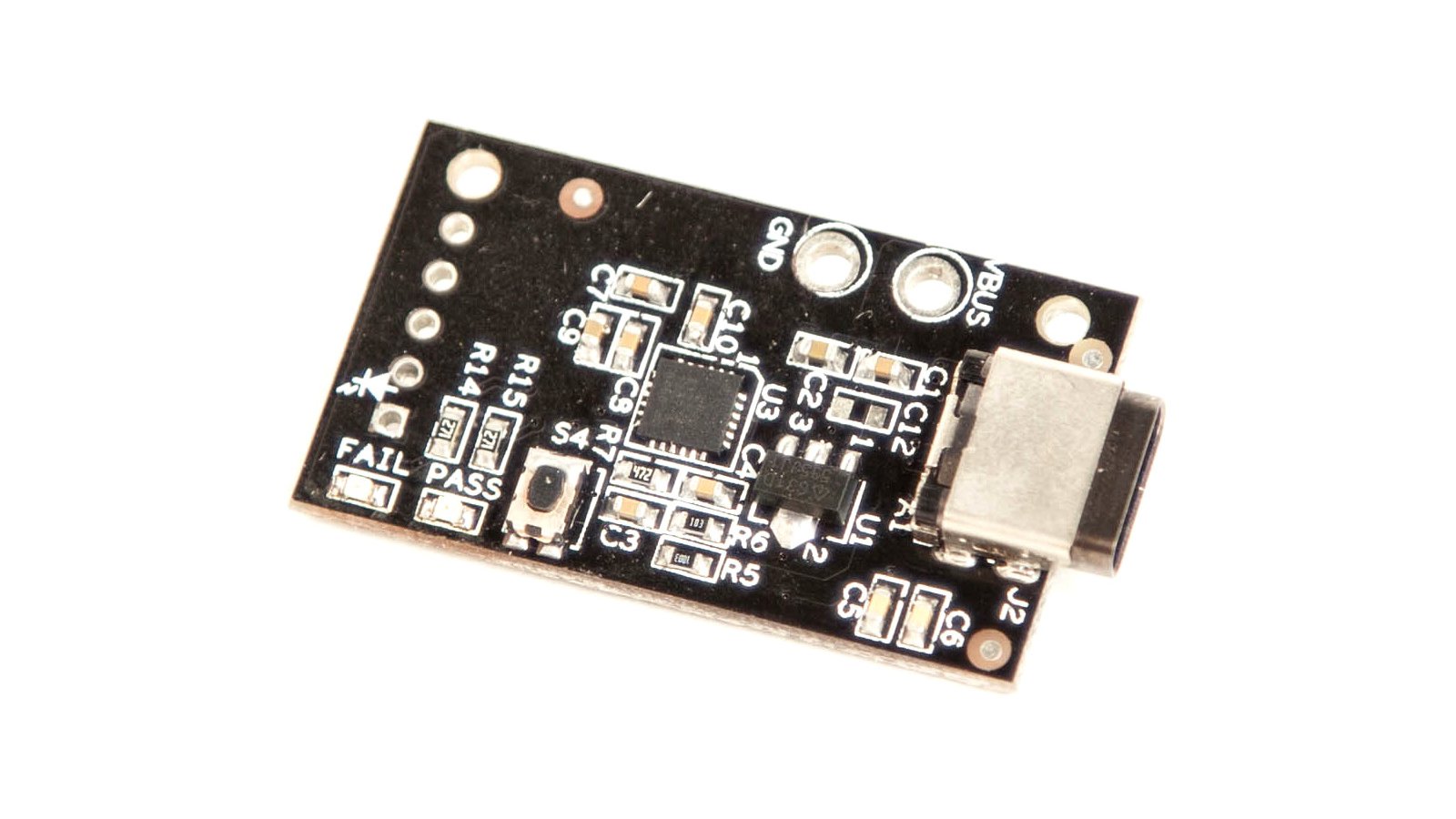
Want to buy this item? Check the current project page for the latest information.
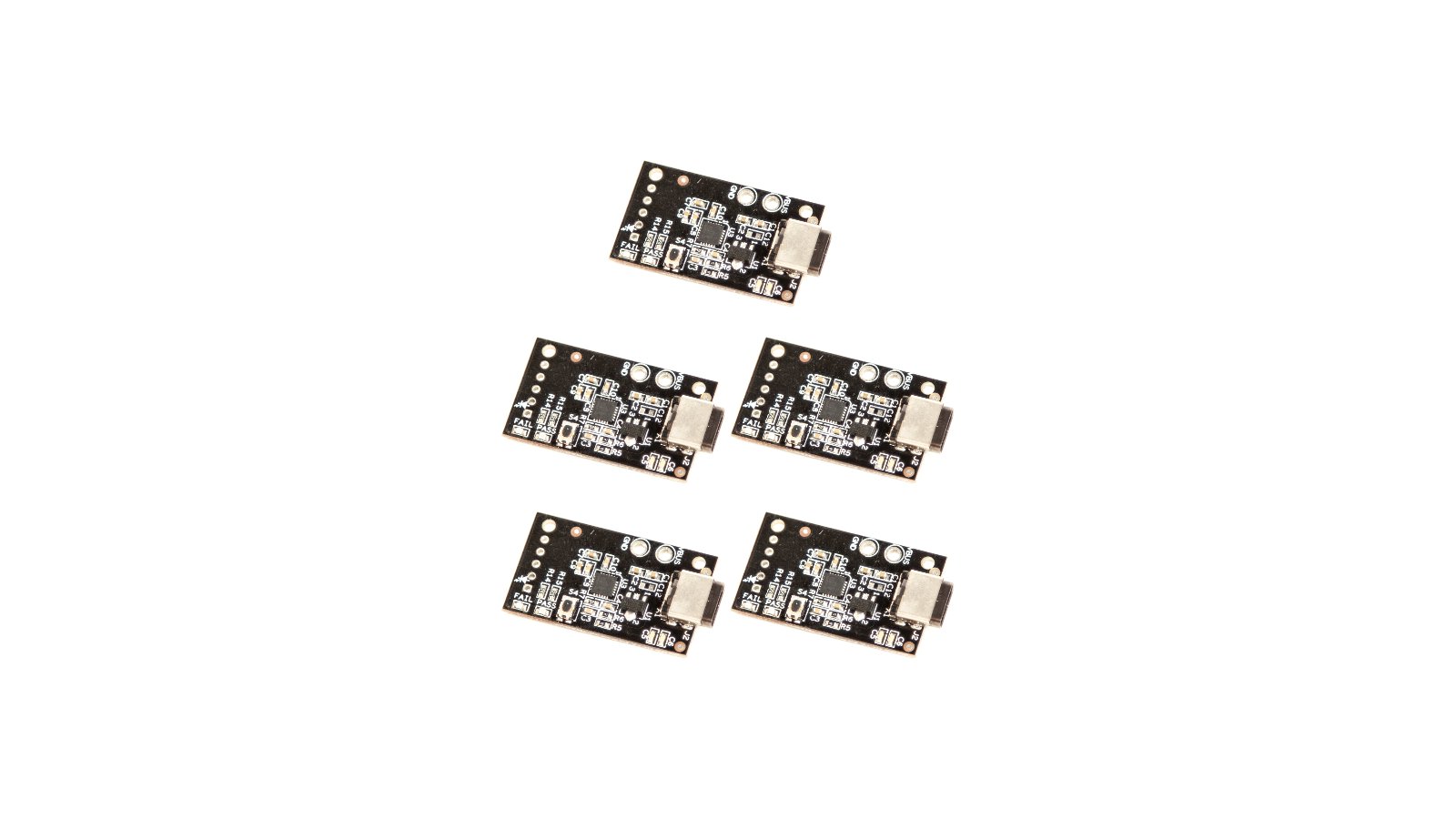
Want to buy this item? Check the current project page for the latest information.
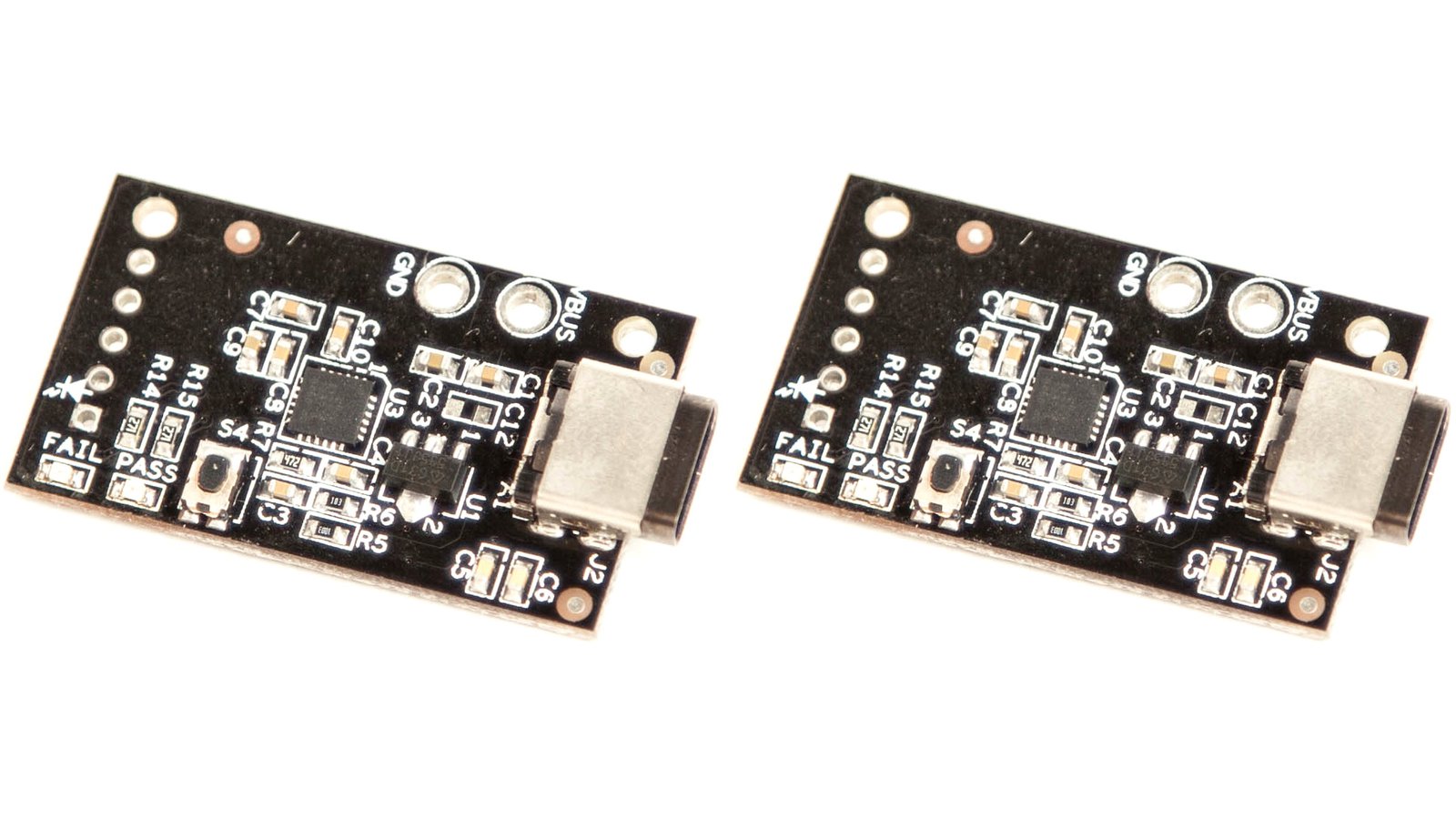
Want to buy this item? Check the current project page for the latest information.
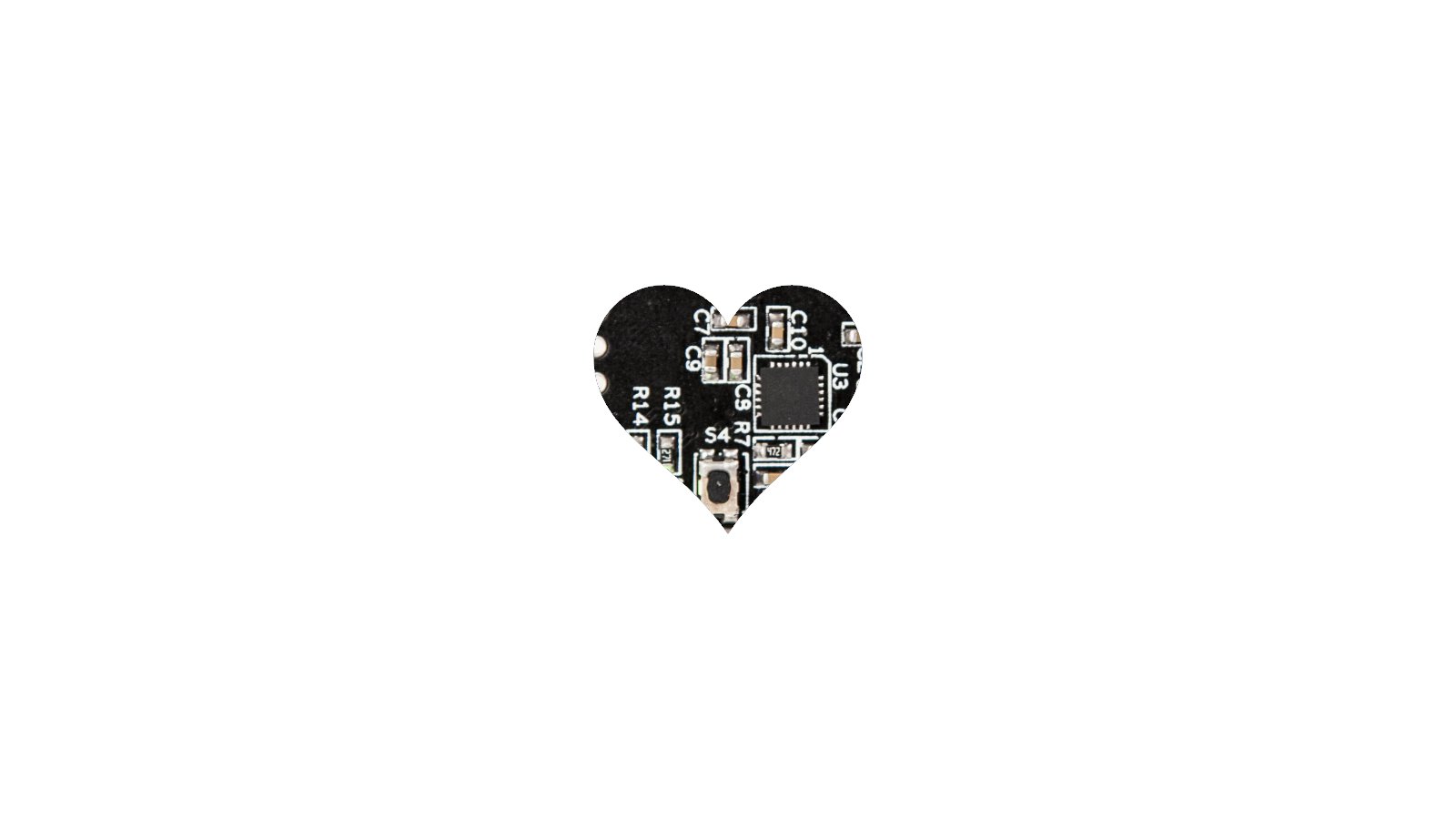
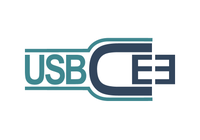
Prajith Cheerakkoda has been working in the USB semiconductor and medical electronics industries for the past seven years. He has a B Tech in electronics and communication from Cochin University of Science and Technology. He began his career at Cypress Semiconductor Bangalore as an Application Engineer for USB controllers. He has a wide range of experience in the USB controllers/ USB system development involving Hardware/ Firmware development and Silicon validation.